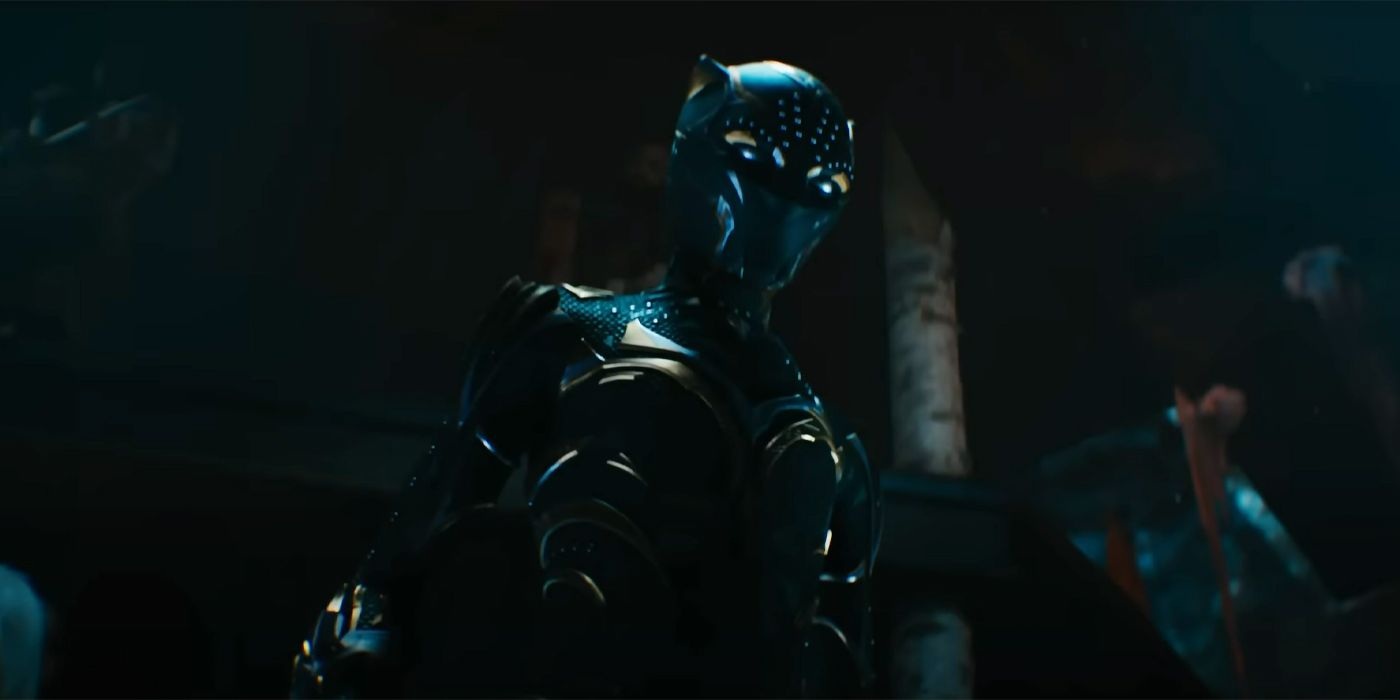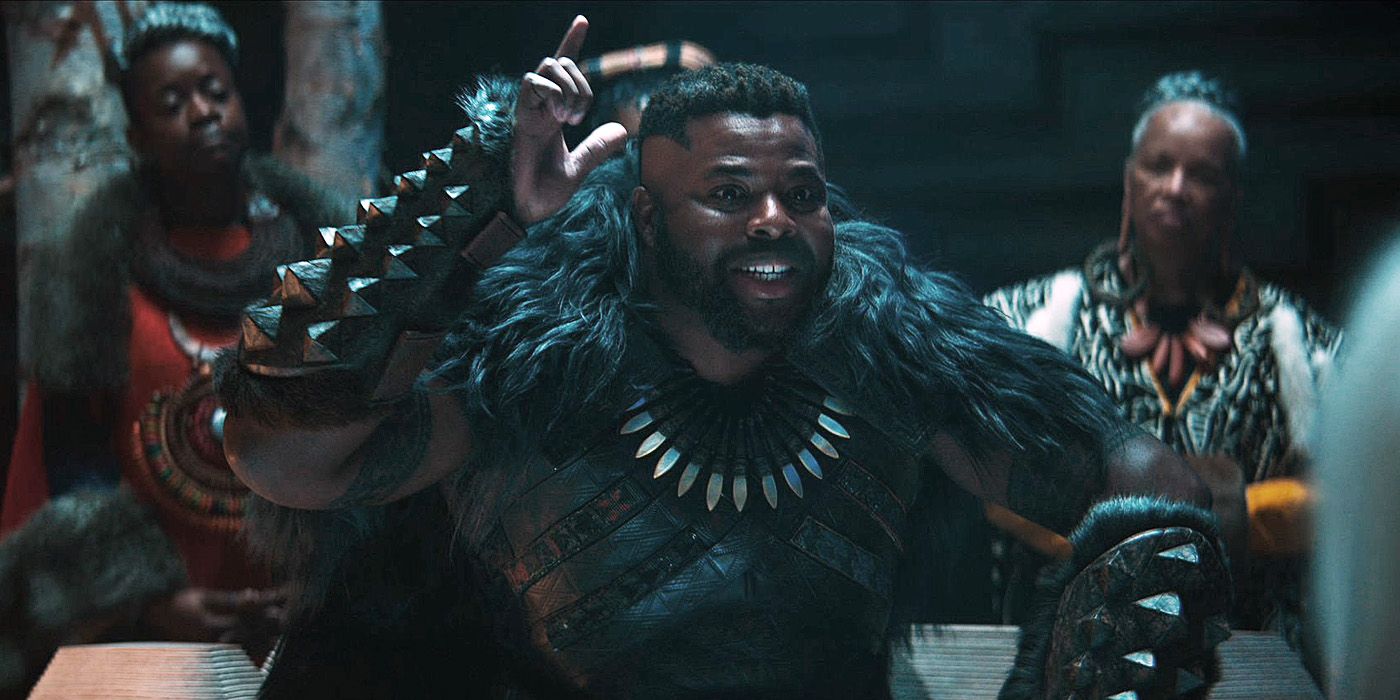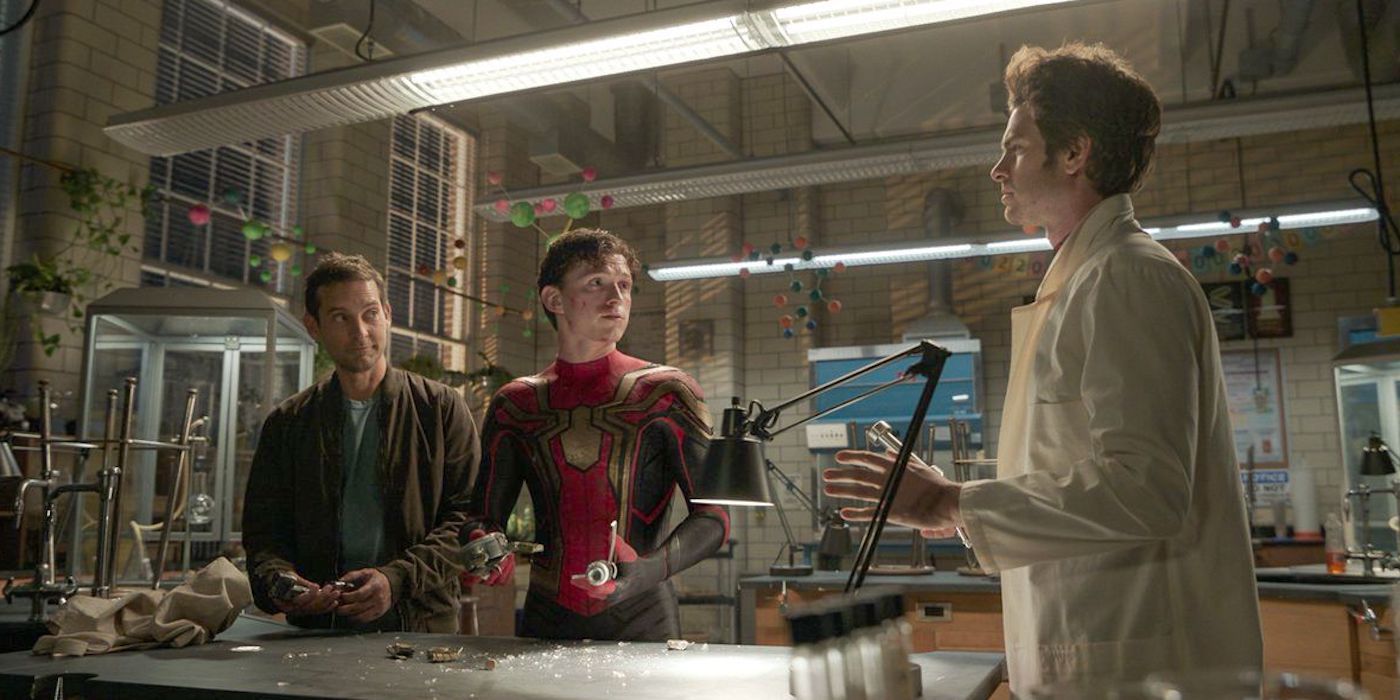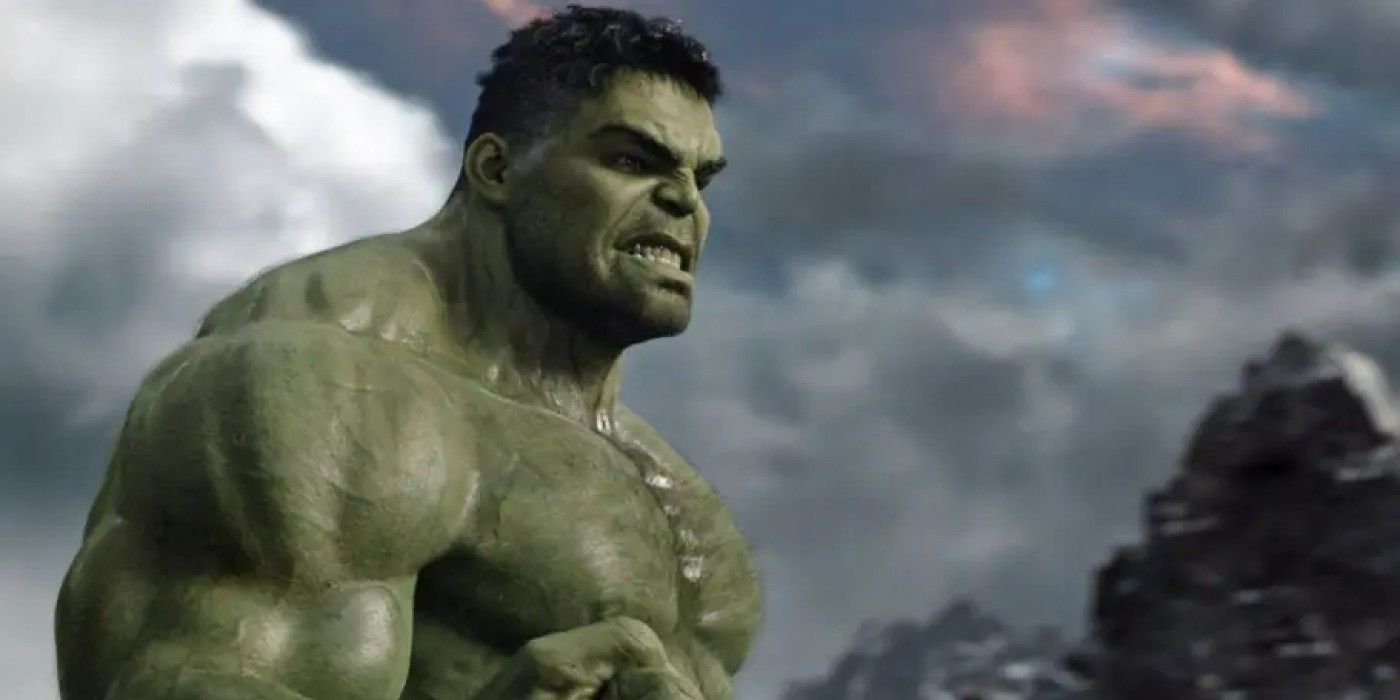The Marvel Cinematic Universe has many characters tied to myth. But which characters from the MCU’s multiverse share similarities to these myths?
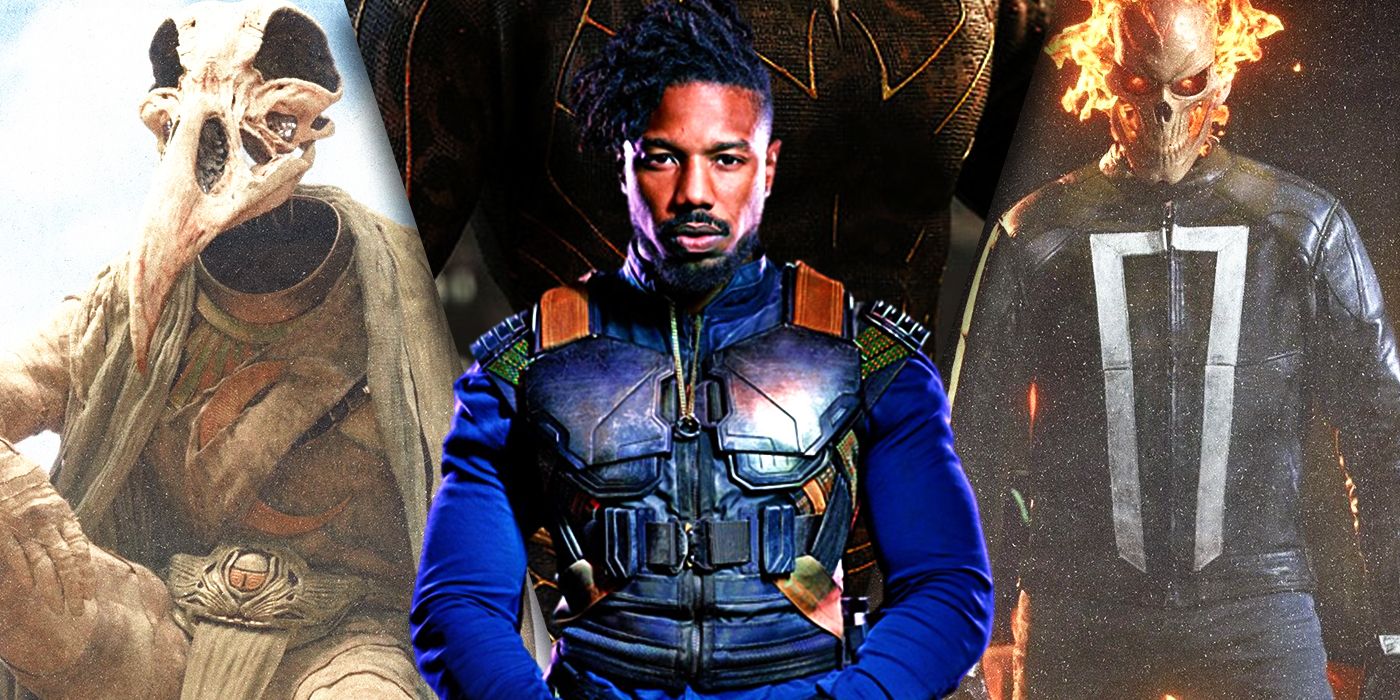
Comic books are often considered to be the mythology of modern times, with the tropes and the archetypes of the superhero landscape entering the public consciousness through a variety of gorgeously crafted stories. The Marvel Cinematic Universe has continuously dipped into the myths of the past to curate the legends of the present, much like the comics it takes its inspiration from.
Throughout the MCU and its multiverse, there are some fairly obvious links to mythology, with deities like Loki and Thor dominating the box office. However, there are also characters across a wider array of movies and shows that can be traced back to a fable, god, or legend of the past through their histories and powers. These characters will continue to play a major part in the future of the MCU and their mythos will just keep growing.
Ghost Rider’s History is Forged in Hell
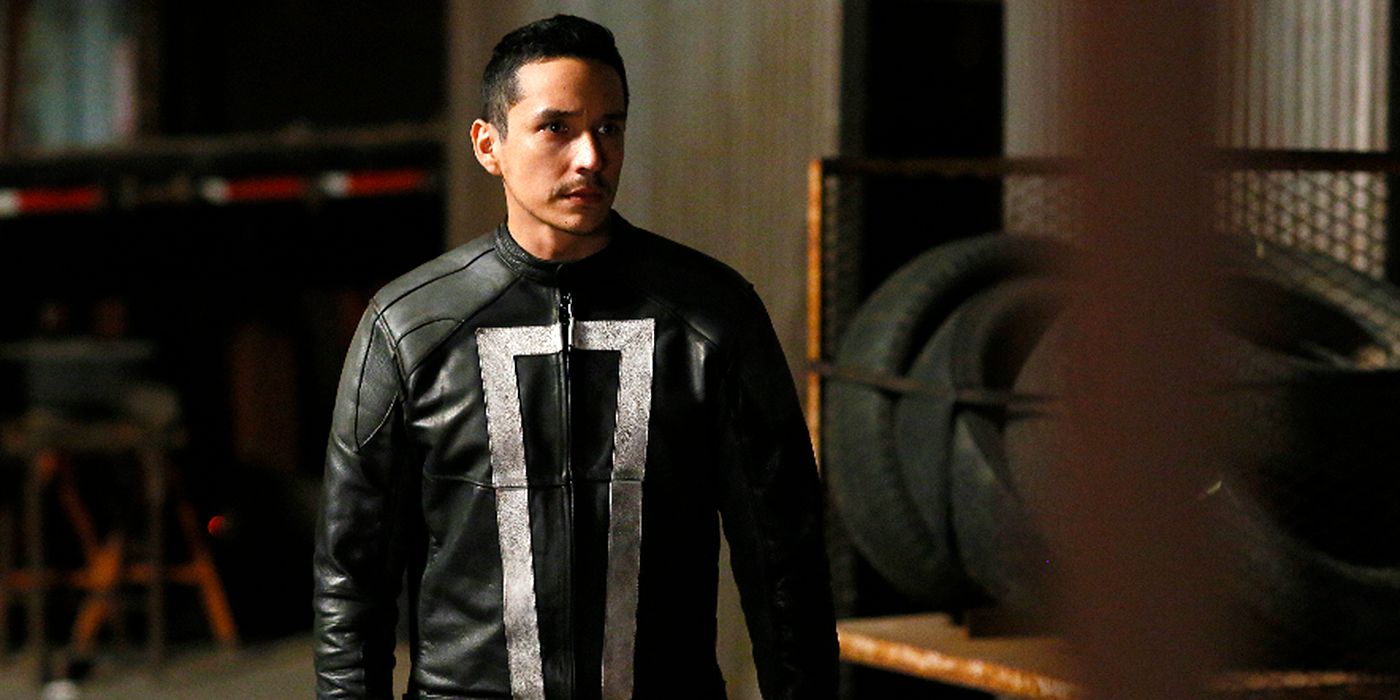
Ghost Rider’s MCU debut was in Agents of S.H.I.E.L.D.
Ghost Rider might have previously appeared on film prior to the MCU, but the character became a mainstay on Agents of S.H.I.E.L.D. in the form of Robbie Reyes. Just like Johnny Blaze before him, Reyes plays on the legends of Hell, with demons, devils, and all manner of sinful magic building his aura.
While Ghost Rider has ensured that the villains of the MCU have tasted his power, the character’s full potential is still untapped. In the comics, Reyes is named the All-Rider, the ultimate Ghost Rider who can empower any object and is a vital figure in the Multiverse. Reyes roughly translated means King, and, if made canon again to the MCU, could certainly crown Robbie as the All-Rider in the future.
Khonshu Was a Forgotten God
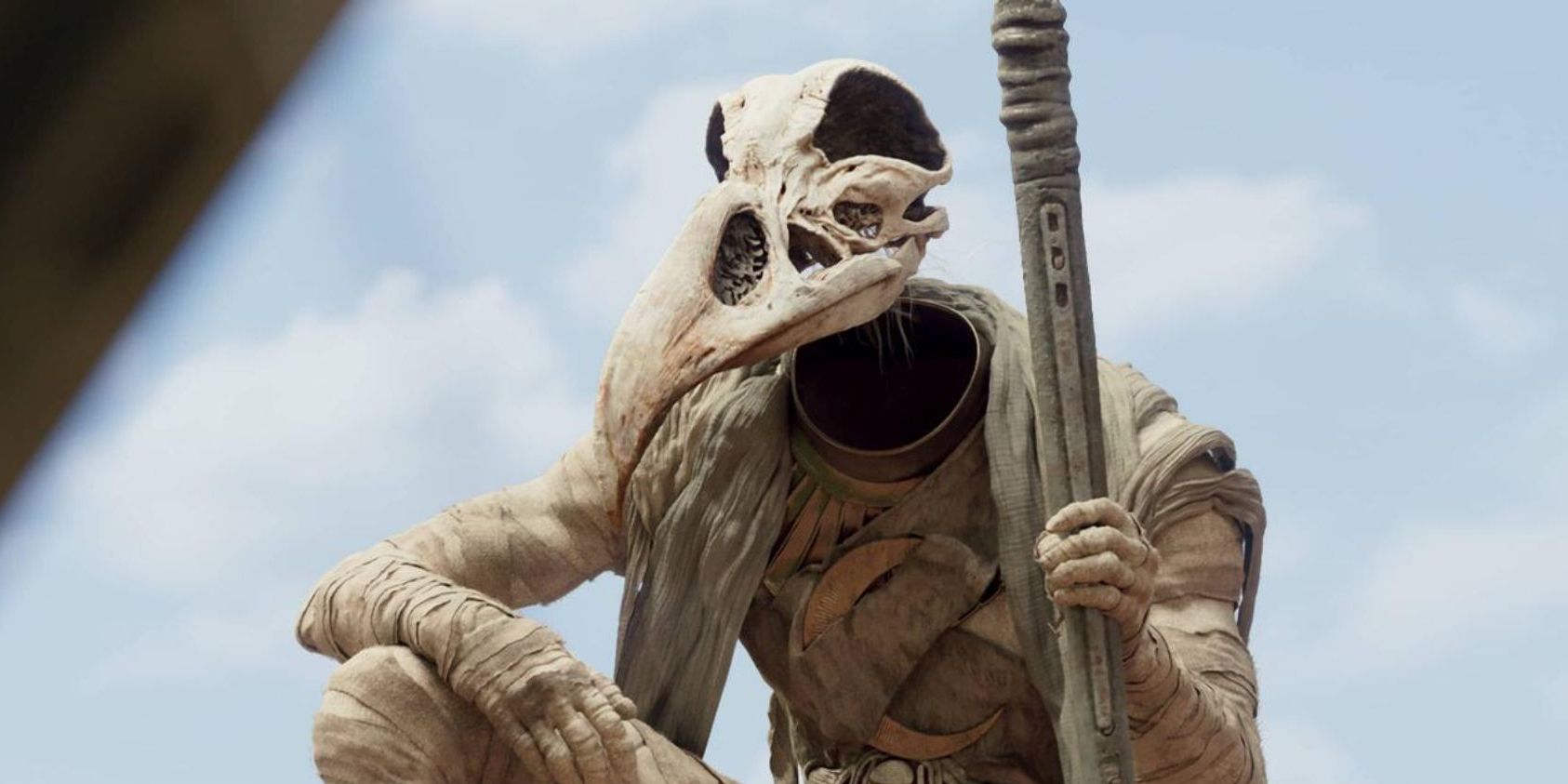
Moon Knight’s MCU debut gave him powers he no longer has in the comics.
It’s relatively well-known that Moon Knight is the avatar of the Moon God Khonsu. This ancient deity continues to give the vigilante his abilities and whispers in his ear just as the other Gods do with their champions. But there’s another aspect of Moon Knight that links to ancient Egyptian myth.
While it’s no secret how much Egyptian myth ties to Moon Knight’s story, Khonshu could easily be considered a fictional aspect of the mythology. However, Khonshu was very real and was also a God of the moon, making his banished skeletal look even more impressive as it shows how the real world forgot him as well.
Black Panther Comes From a Long Line of Heroes
The Black Panther has been around since the formation of human civilization.
The Black Panther mantle has been passed through the generations. Although that’s an idea that’s briefly touched upon in the MCU, the comics show just how far back this tradition really goes. Wakanda has built its own mythology around the Black Panther as a symbol of heroism, and characters like Shuri and T’Challa must live up to that.
So, not only is the alter ego mythological in itself, but it, of course, also represents the deity Bast. As a goddess, Bast is one of Marvel’s strongest figures but has yet to be fully explored on screen outside of a cameo in Thor: Love & Thunder and a tease in Moon Knight. Black Panther will continue to represent this force of nature, who actually finds her origin in Egyptian mythology.
M’Baku Represents a Different God
M’Baku has now become King of Wakanda in Black Panther: Wakanda Forever .
Gods are very important in Wakanda, and the nation has its own unique pantheon to worship. Among them is Hanuman, a powerful monkey god who can be found in Hinduism. Representing strength, courage, wisdom, devotion, and self-discipline, it’s no surprise that anyone would want to fashion themselves in Hanuman’s image.
In the MCU it is M’Baku who champions this god, with the monkey tribe acting as rivals to the King and the Black Panther dynasty. The comics dive further into the connection Wakanda has to its gods, and hopefully, the upcoming animated series Eyes of Wakanda can do the same for M’Baku and the Jabari Tribe.
Killmonger is the Archetypal Unworthy Ruler
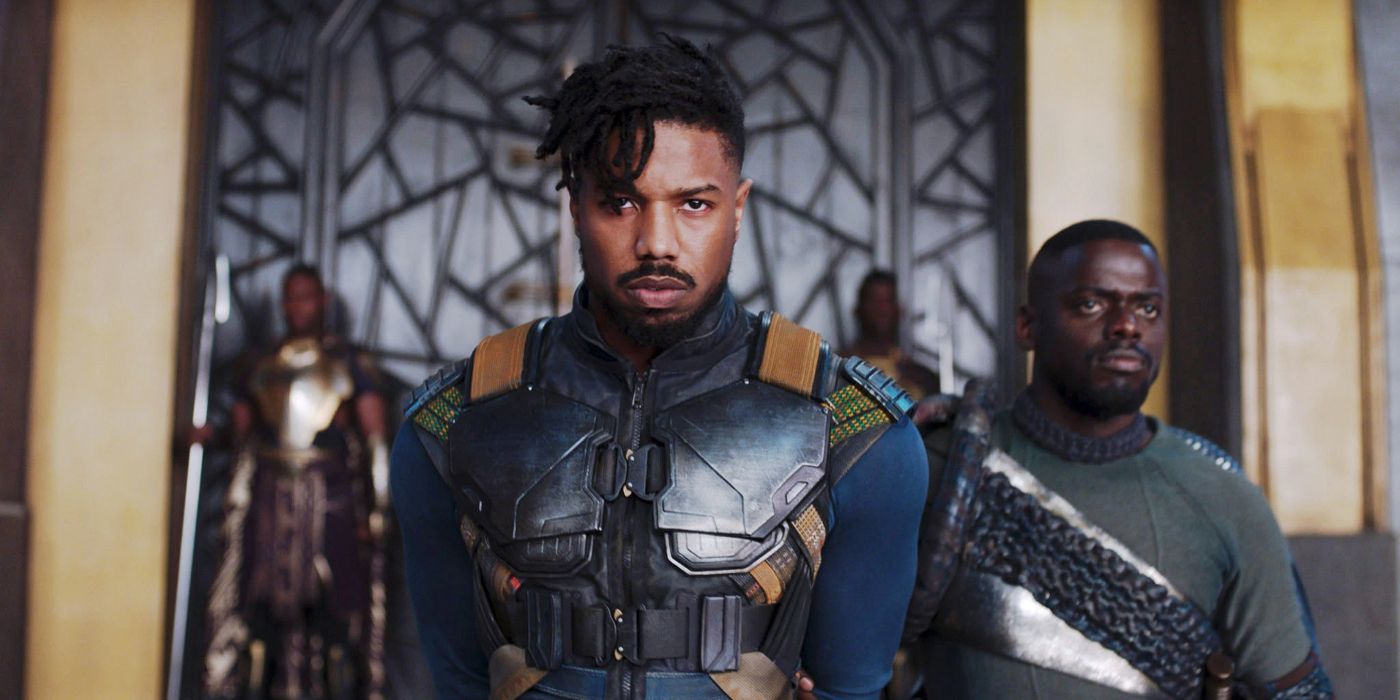
Killmonger’s impact changed Wakanda long after The Blip.
Throughout mythology, there have always been unworthy beings. Those who flew too close to the sun and fell just as hard for coveting a position they had no business chasing. It’s a trope that repeats again and again over the centuries, from Lucifer being cast down from Heaven to, in modern comics, Loki being banished from Asgard. Some of the best Marvel Comics of all time have tapped into this.
Killmonger was a villain who felt justified in his actions and went about proving his points through aggression and violence. This led him to defeat T’Challa and take the throne of Wakanda. There’s a direct parallel to this, the story of Zeus’ father, Kronos, devouring his children in Greek myth, with only Zeus surviving. Like T’Chjalla, Zeus waited for the right time to strike, defeating his father and rescuing his siblings, becoming the ruler of Olympus.
Namor’s Mythos Differs Based on the Interpretation
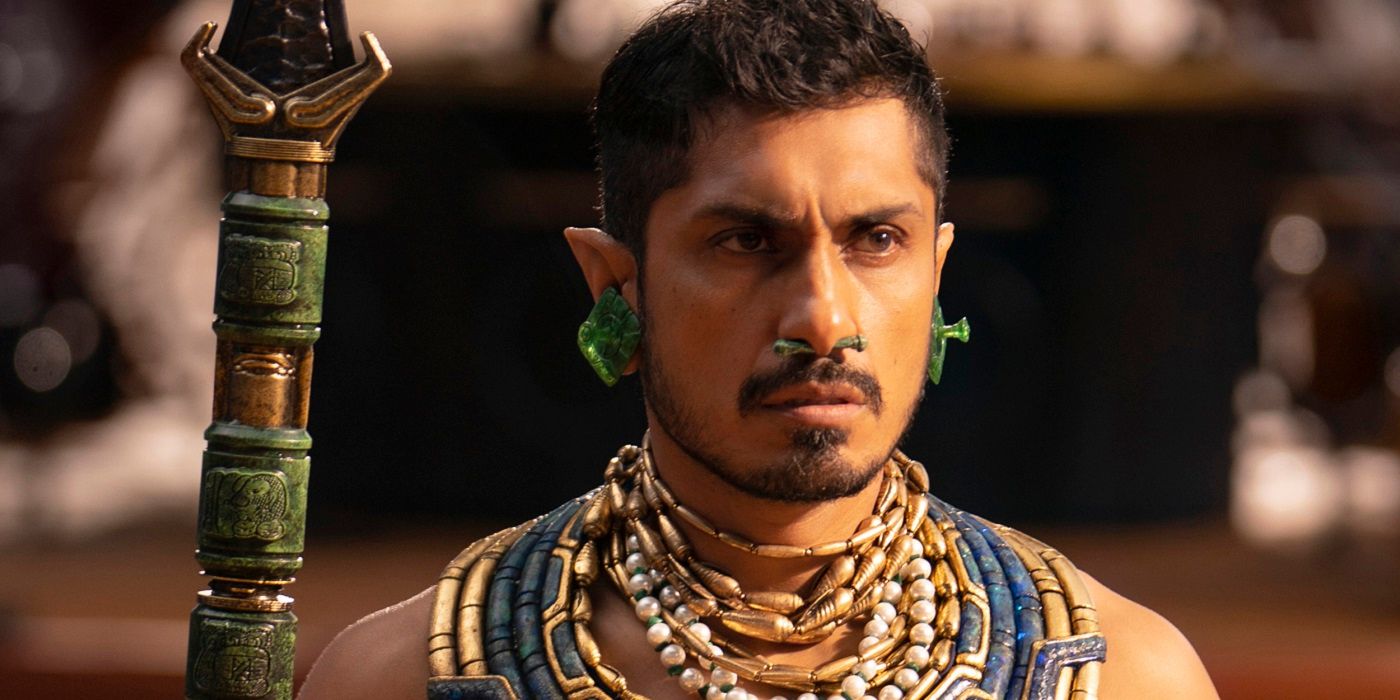
Namor isn’t a real God in the MCU, but he modeled himself after one.
Marvel’s portrayal of Namor has differed on the screen compared to the page, but there are mythological parallels to be drawn. In Marvel Comics he was once heralded as the company’s first Mutant, and thus has an almost godly status as a being that paved the way for a new people.
While his Mutant identity is thus so important for the character’s legend, in the MCU, Namor is also referenced as K’uk’ulkan, a Mayan deity known as the feathered serpent. Namor took it upon himself to appear as if he were the God, and his powers helped prove this to his people. That said, in future stories, his Mutant mythos should also be factored in more, which could even cause an issue of trust among his followers.
Black Knight Hones in on Arthurian Legend
Dane Whitman Isn’t The Only Man To Wield The Mantle

The Ebony Blade was an original Marvel creation.
Arthurian legend is a vitally important part of British mythology, and Marvel Comics has continuously taken advantage of those stories. Characters like Morgana Le Fay have already appeared in the MCU, and now the Black Knight has made his debut, albeit in a limited form.
Dane Whitman is soon to take on the Ebony Blade and become one of Marvel’s best swordsmen. But the mantle of Black Knight has passed across generations and represents both heroism and corruption. Whether it be Merlin or Arthur himself, or perhaps a former wielder of the blade, sooner or later, Otherworld and Camelot will come calling for Whitman.
Spider-Man’s More Recent History Alludes to an Age-Old Tale
Spider-Man initially had no ties to myth but as time progressed, mysticism and past mythological tales informed his life and his variants in the Multiverse.
Spider-Man has his own mythology to contend with, with the web of life and destiny playing a part in the lives of every portrayal of the character. But, while Spider-Man might be a pivotal hero in the Multiverse, his retconned comic history allows him and his variants to tap into various ties to past arachnid myths, thanks to the Web of Life and Destiny.
In ancient mythology, the spider god Anansi represents trickery and storytelling, knowledge and wisdom. The figure’s tropes each respect a different part of Spider-Man’s personality, from his humor to his scientific abilities. The MCU hasn’t showcased Anansi in a story yet, but the web-head has crossed over with the god on the page. With a character inspired by the myth, Kwaku Anansi, in the Spider-Verse, it’s possible audiences could see him in Spider-Man: Beyond the Spider-Verse.
Hulk Represents Classic Duality
Hulk’s inspiration came from Mr. Hyde and Frankenstein’s Monster.
The Hulk just seems to keep getting stronger and smarter in the MCU, highlighting how versatile the character really is as new roles are found for him. But take away the superhero elements, and the Hulk represents the duality of man that continues to reappear in human storytelling. Before comics, novels were the modern myth of the Industrial Age and led to many scientific horror stories.
Mary Shelley’s Frankenstein; or, The Modern Prometheus represents the misunderstood monster created through science, something the Hulk can relate to. However, its ability to call on Greek myth in its title also alludes to Prometheus giving fire to humans, as Banner gave power to himself, and the idea of transformation as punishment, like Medusa. However, Robert Louis Stevenson’s Dr. Jekyll and Mr. Hyde also represented body horror through science as, like the Hulk, Mr. Hyde was evil or power, Dr. Jekyll was enticed by.
Storm is a Weather Goddess
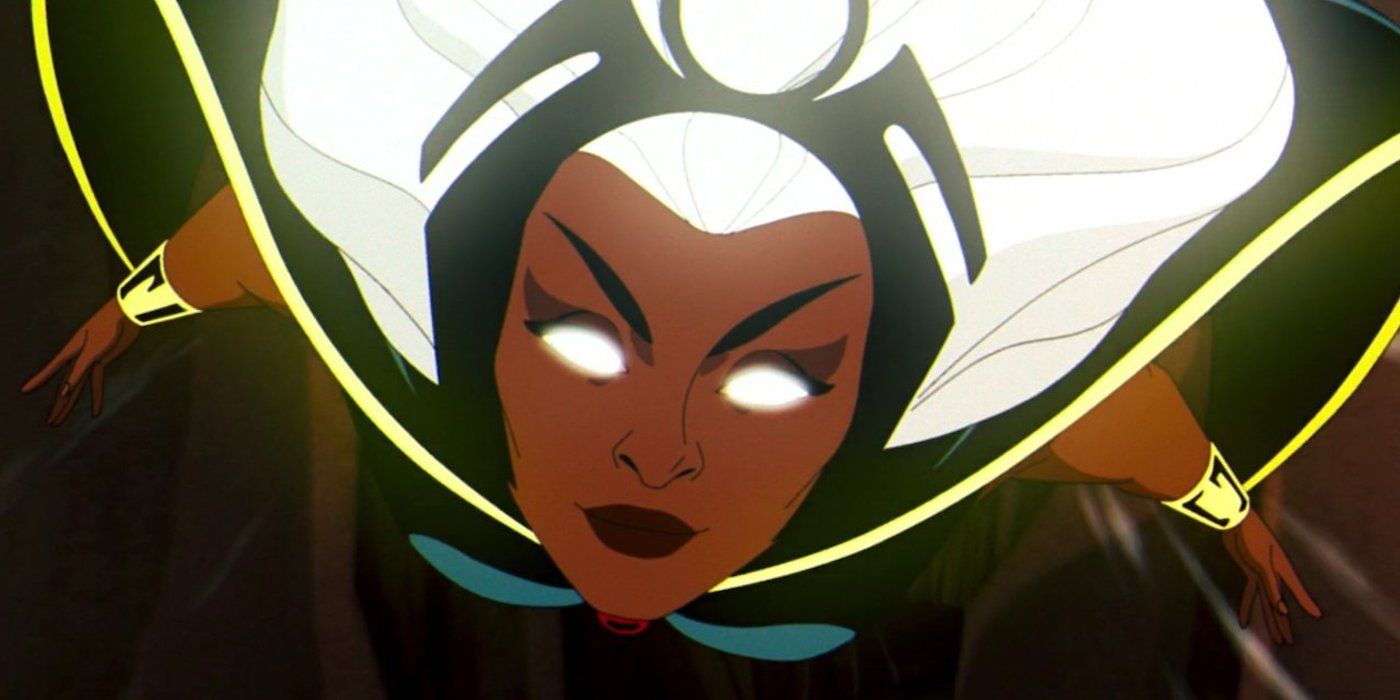
Storm was treated as a Goddess in Africa.
In the X-Men: The Animated Series and the comics, Storm is hailed as a goddess. There are few who doubt her supreme gifts, as she controls the weather with such grace and mastery. Her impending MCU debut will likely continue this trend as people flock to the Mutant and her godly persona.
However, there are many mythological gods or beings that Storm parallels from human history. Ọya, for instance, was a divine spirit of the winds, lightning, and storms, and while it wasn’t tied to her creation, it serves as a clear parallel. As a result, the regality and godliness of her presence came naturally because her unintended inspirations lent themselves to her so well.
